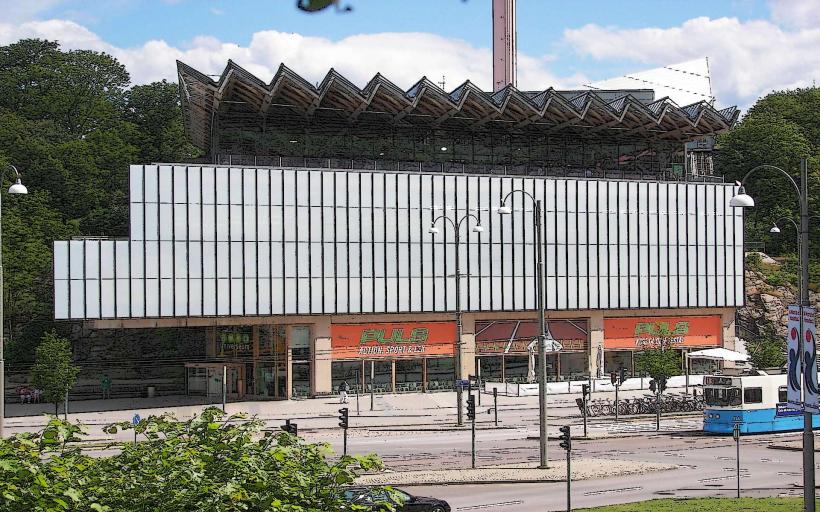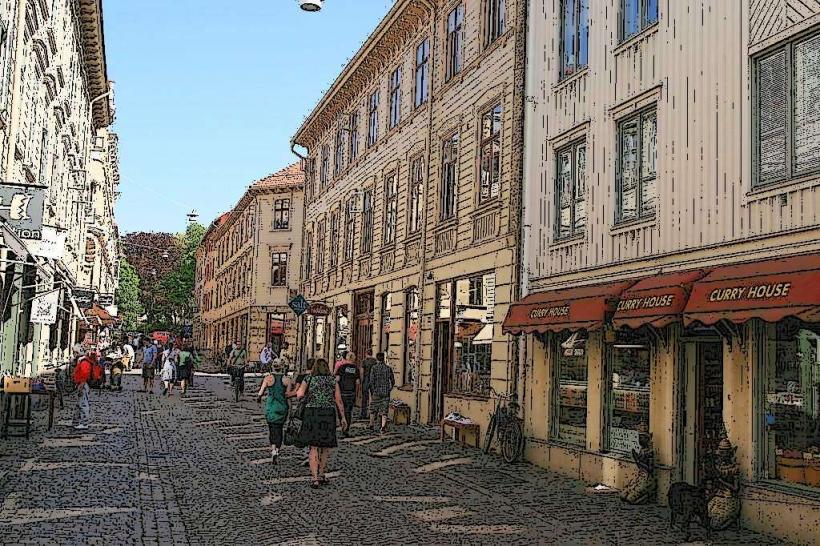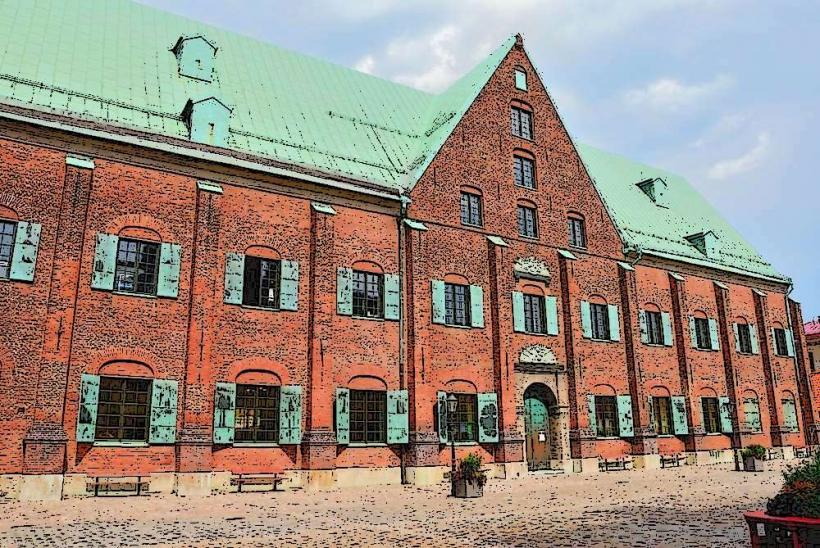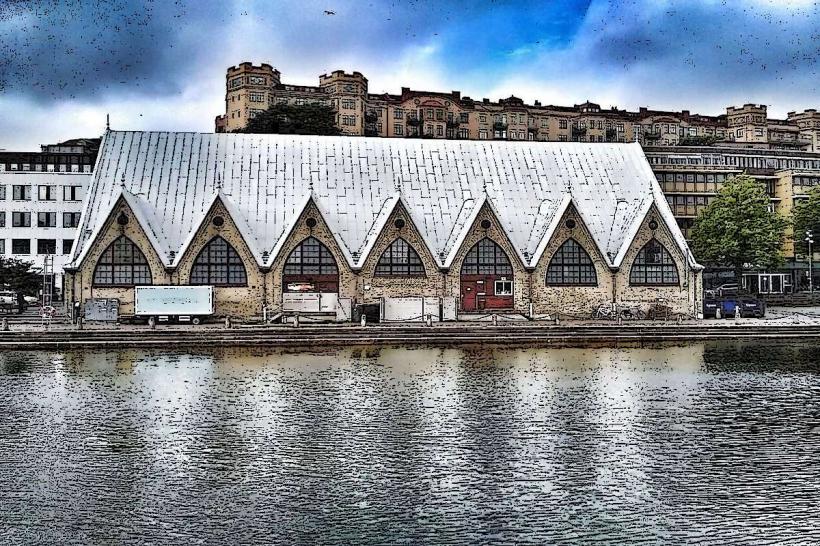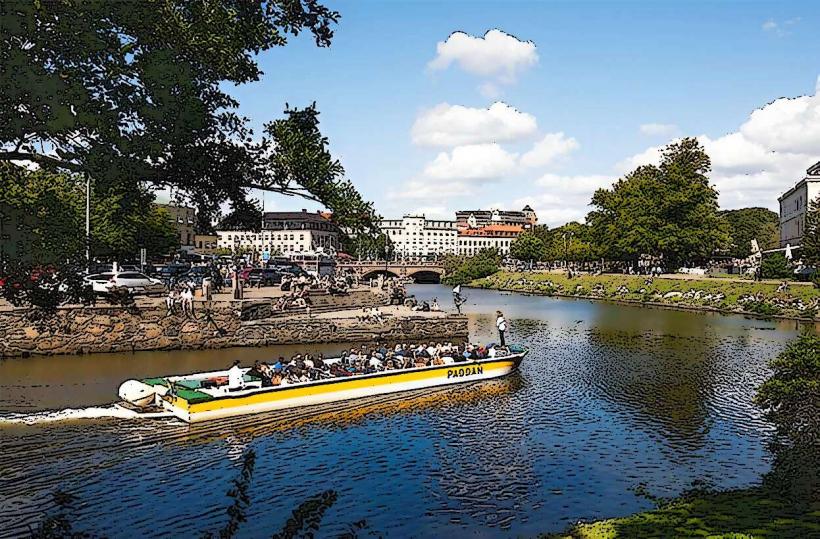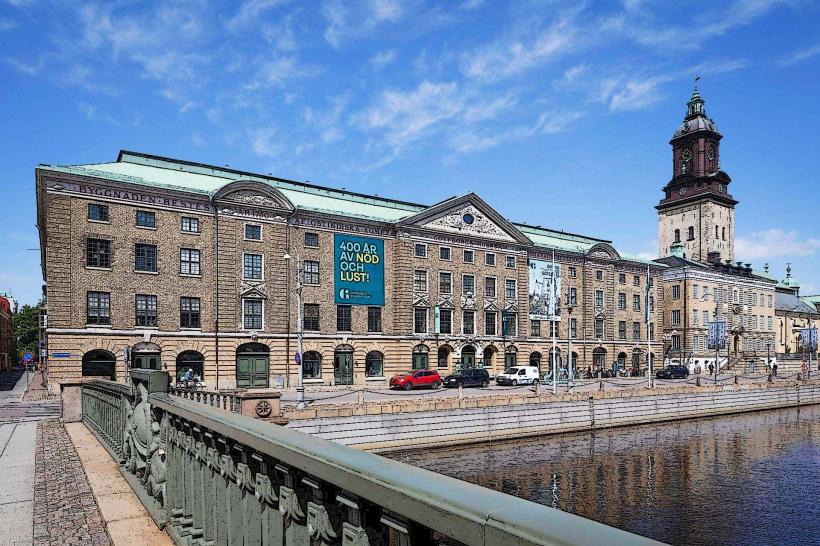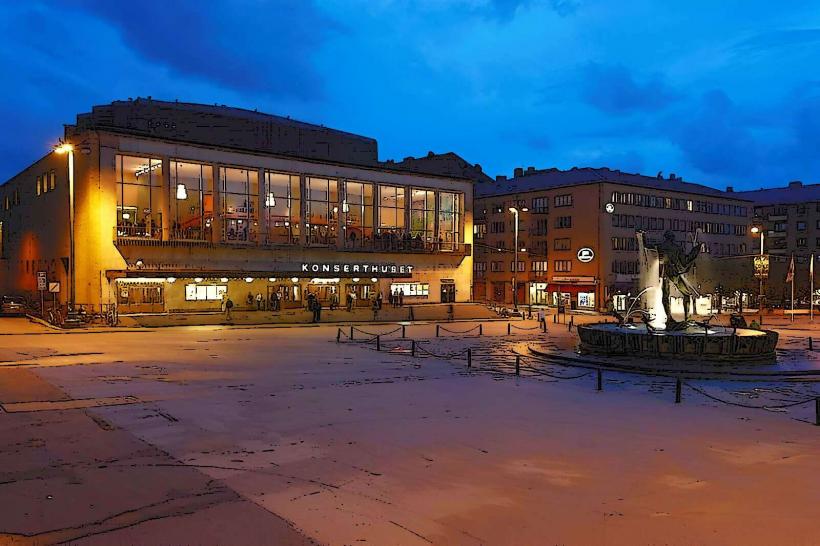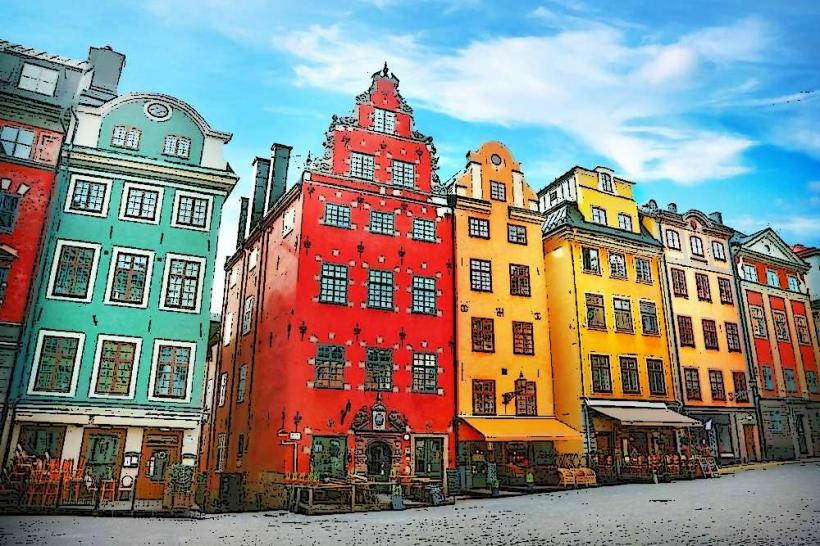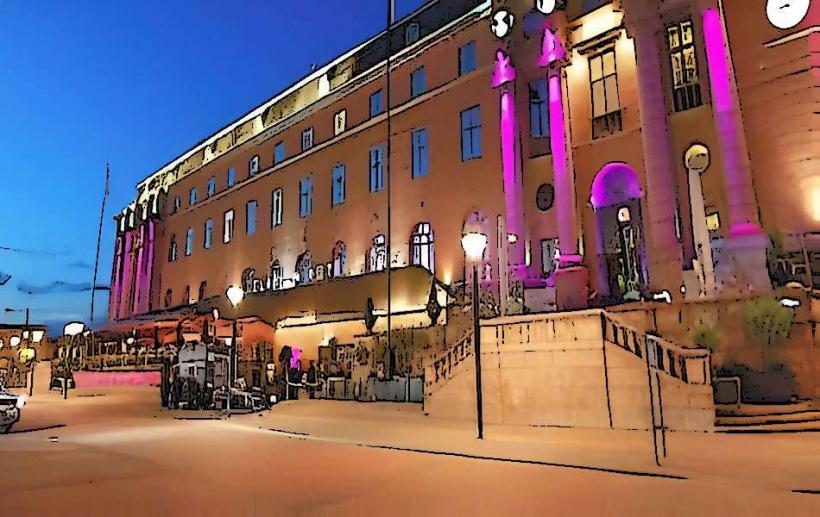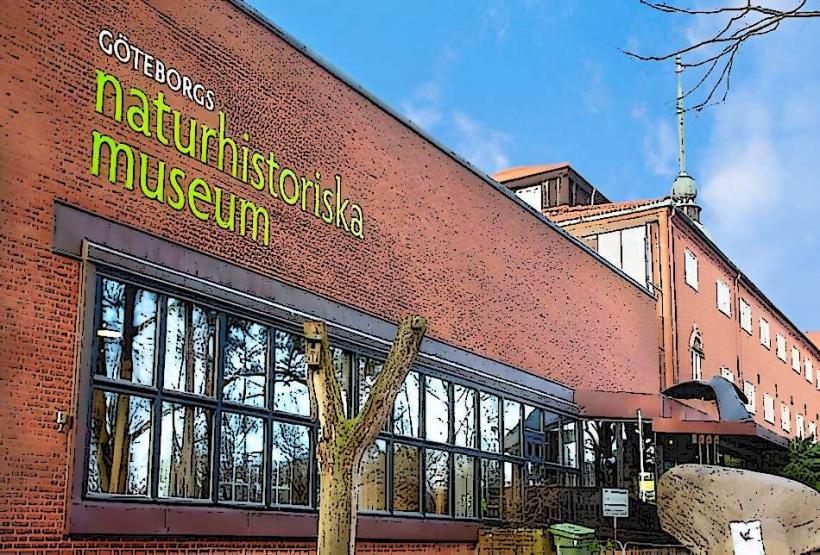Information
Landmark: Gothenburg Maritime MuseumCity: Gothenburg
Country: Sweden
Continent: Europe
Gothenburg Maritime Museum, Gothenburg, Sweden, Europe
The Gothenburg Maritime Museum (Göteborgs Maritima Museum) is one of the most important museums in Gothenburg, Sweden, dedicated to the city’s rich maritime history. Situated in the Frihamnen area, near the harbor, the museum offers an in-depth exploration of Gothenburg’s past as a major port and its significance in Sweden’s maritime trade and naval history.
1. History and Overview
- Established: The museum opened in 1995 and is housed in the former customs house in the Frihamnen Harbor area. It was created to showcase Gothenburg’s vital role in maritime trade, industry, and its connection to the sea.
- Location: The museum’s proximity to the waterfront, with views of the harbor, offers a fitting setting to explore the city’s maritime heritage. The building itself is an industrial-style structure with maritime-inspired architecture, complementing its theme.
2. Exhibitions and Collections
The Gothenburg Maritime Museum features a wide variety of exhibitions related to maritime history, naval exploration, and trade. The museum’s collections and exhibits focus on several aspects of maritime life, from shipping and sailing to naval warfare and shipping technology.
1. The History of Gothenburg’s Harbor and Trade
- The museum showcases the history of Gothenburg’s harbor, which has been one of Sweden’s busiest and most important ports since the city was founded in the 17th century. Visitors can learn about how the harbor developed over time and its role in Sweden’s economy, especially in terms of international trade.
- Ship Models: The museum displays detailed models of ships from various historical periods, showcasing how ship design has evolved over the centuries.
- Historical Trade Routes: Exhibits detail the international shipping routes that Gothenburg has been a part of, and how the city has served as a key link between Sweden and the rest of the world, especially in trade with countries such as England, Holland, and the Baltic States.
2. Naval History and Warfare
- The museum features exhibits dedicated to naval warfare, exploring Sweden’s naval power and the role that ships played in battles, defense, and naval exploration. This section includes historical artifacts from Swedish naval ships and their involvement in major historical conflicts.
- The museum also delves into the significance of Sweden's Navy and its development, particularly focusing on the 17th and 18th centuries, a period when Sweden was a major maritime power in the Baltic Sea.
3. The Fishing Industry
- The museum offers an in-depth look at the fishing industry, particularly in the Skagerrak and Kattegat straits, which are located near Gothenburg. It explores the importance of fishing to the local economy and the technological advances that helped shape the industry.
- Fishing Boats: Models and exhibits show the evolution of fishing vessels, from the earliest wooden boats to modern-day trawlers, illustrating the shift from traditional methods to industrialized fishing.
4. The Floating Exhibits
- The Ship “S/S Bredablick”: One of the museum's most notable exhibits is the S/S Bredablick, a preserved steam-powered passenger ship built in 1903. The ship is docked outside the museum and serves as an example of early 20th-century maritime engineering. Visitors can board the ship and experience its interior, offering a sense of life aboard a historical vessel.
- Submarine “HMS Neptun”: Another significant exhibit is the HMS Neptun, a decommissioned Swedish Navy submarine. Visitors can explore the interior of the submarine, gaining insight into submarine life and naval defense operations during the Cold War era.
5. The Boat Building Tradition
- The museum also celebrates the Swedish boat-building tradition, particularly in Gothenburg, where wooden boats have been a hallmark of the region for centuries. Exhibits showcase the techniques used by local craftsmen to create both practical and artistic boats.
6. Maritime Technology
- The museum displays a collection of maritime technology, focusing on the evolution of navigation, ship propulsion, and the mechanization of the maritime industry. This section includes exhibits on the development of steam engines, navigation tools, and shipbuilding materials.
3. Visitor Experience
- Interactive Exhibits: The museum offers several interactive exhibits designed to engage visitors, especially children. These might include simulated navigation tools, interactive displays of ships, and even a chance to try out virtual navigation exercises.
- Maritime Activities for Children: There are also activities and educational programs for younger visitors, such as workshops on maritime history and the chance to create their own miniature boats or models.
- Temporary Exhibitions: The museum hosts temporary exhibitions that often focus on specific aspects of maritime history or contemporary issues in shipping and marine biology. These may include photography exhibitions, artist collaborations, or thematic exhibitions on the environmental impact of shipping.
4. Educational Programs
The museum is committed to educating the public about maritime history and the environmental challenges facing the global shipping industry. It offers workshops, lectures, and guided tours designed to deepen visitors' understanding of the subject. Schools and universities often arrange field trips to the museum for students of various age groups.
5. Facilities
- Café: The museum has a café with views of the harbor, where visitors can relax and enjoy a coffee or light meal while taking in the surrounding maritime atmosphere.
- Gift Shop: The museum also has a gift shop offering a variety of maritime-themed merchandise, books, models, and souvenirs related to the exhibits.
6. Conclusion
The Gothenburg Maritime Museum is a fascinating destination for those interested in the history of shipping, navigation, and maritime culture. It offers a unique opportunity to learn about Gothenburg’s significant role in global trade and Sweden’s naval history. Whether you're exploring the historical exhibits, interacting with modern technology displays, or stepping aboard historic ships, the museum provides an engaging and educational experience for all ages. It serves as a vital reminder of the city’s maritime legacy and its ongoing connection to the sea.


